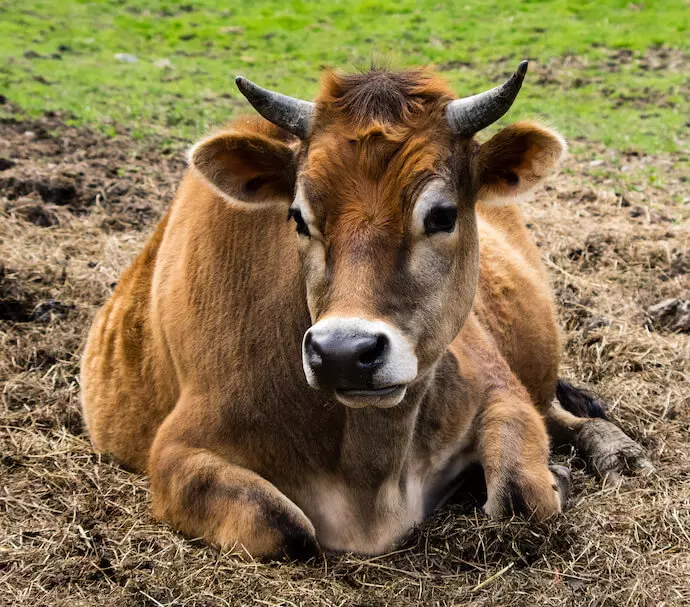Where the Love Is
A few days ago, my partner David and I returned from a three-day getaway in Cape May, NJ. We were visiting my Dad, who spends his summers there. He’d been inviting us all summer.
Much of our time was idyllic: strolling down sandy beaches, sharing a loaf of whole-grain bread with seagulls, who hovered, mid-air, over our heads, waiting for the small pieces we threw to them, kayaking (on stand-up surfboards) among a huge school of porpoises, some of whom were close enough to touch.
But the time with my Dad, to be honest, was rough. My Dad’s second wife was the one person masterfully able to draw out the best in him: the part that could embrace the messiness of what it means to be human. With her, Dad acted as if he actually believed that many shades of gray existed between black and white. But Nina died six years ago, just 53 years old. Sadly, that part of my Dad went with her.
For three days, we tolerated his sour attitude, his racist vitriole, his seeming indifference to our presence. For three days, we listened to reminiscences about lifeguarding in Cape May, baseball, serving in the Coast Guard, and his exploits as a member of Vanderbilt’s football team. We listened to venomous talk about Obama, and vows to leave the country if Obama is reelected.
The dilemma my Dad and I face is hardly unique: while we love each other and are very much alike in some fundamental ways, our world views couldn’t be more different. Thank god for the birds, the porpoises, the beaches, our surfboards…David and I made the most of our precious three days. And then, on Friday morning, I was home.
“Welcome back,” long-term staffer Alex said with a smile and a hug, as did staffers Julie, Kevin, and Elissa.
“I missed you!” Elissa exclaimed. “It was too quiet around here!”
I laughed, then slowly exhaled.
In the barn, Ethel the free-range turkey was talking a blue streak. “She wants strawberries,” a new volunteer offered. “Someone dropped off five boxes of fruit, and the girls (referring to our free-range turkeys and chickens) have been chowing down.”
I bent down to kiss Ethel’s rubbery head.
Arthur, a goat who recently arrived from a cruelty case, trotted over and looked up with his beautiful goat eyes, the color of wheat.
“Hey, lovely man!” I whispered, bending only slightly to kiss the pony-sized beast on the forehead.
I continued down the aisle, greeted by Casey the free-range horse, Hannah the sheep, Ichabod the gentle rooster, and smiling humans who warmly welcomed me back and asked about our trip.
As I stepped outside, one of the Troubles whizzed past. That’s what we call our three tiny free-range potbellies—Trouble One, Trouble Two, and Trouble Three. All identical in size, shape, and color, they’re distinguishable only by differences in their eyes and their tails, none of which are discernible when a black blur streaks past on the way to….you’ve got it.
Under the huge willow tree that graces the barnyard, Betsy and Melissa have gathered with their charges for the final day of Camp Kindness. This group is all girls, ages 9 to 12. In e-mails throughout the week, Betsy has told me how remarkable they are: eager to learn, asking hard questions, engaging with the animals. Later, when we’re all gathered in the barn, I’m struck by how they’re connected not just with the horses, but with the pigs and chickens as well.
I climb the gate to enter the pig field. Wilbur, the shy pink potbelly, freezes in place and watches as I move past him. Grumpy old Charlie, saved by The Great Sheep Rambo in a dramatic episode recounted in my first book, lays with his back pressed against the barn door, sunning himself on this glorious morning.
“Hi, Charlie,” I say, kneeling down to rub his belly. He grunts hello.
I stand and spot my friend Franklin in the lower part of the field, up to his neck in the cool mud of the wallow. “Franklin!!” I call as I hurry down the slope. “I missed you, Franklin!”
“Ummphhh!” he calls back.
I slip off my crocks and dig my feet into the mud, then squat down right next to my pal. “Hey my love,” I say to him. “How’s my good boy?”
“Ummph,” he responds, and rubs his giant, mud-coated head against my bare leg.
My Dad would not understand the joy I feel in this moment,knee-deep in mud, just as he did not understand why, three days ago, I wept as I lay on my surfboard, reaching out to touch porpoises as they swam past, calling “Hello!” and “Thank you!” to each one. But the connection I have with Franklin the pig is purer than ours can ever be, and right now, hanging with my pig pal in the cool mud, I breathe and heal, grateful to be back where the love is.
“Shit yeah,” my Dad always says. It’s good to be home.





